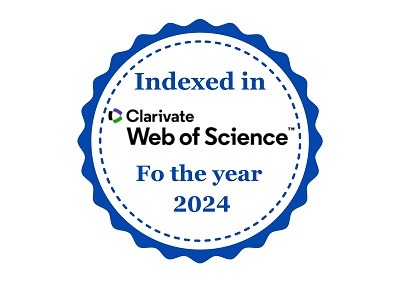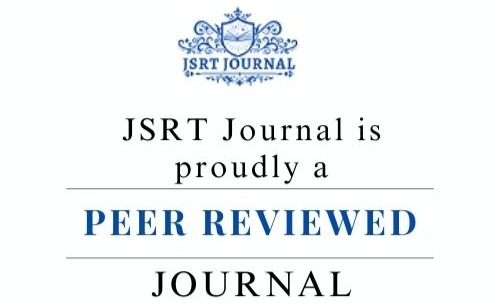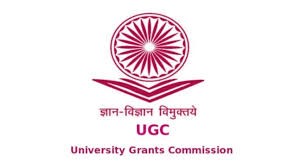Noise Pollution Monitoring of Residential Areas In Sedam Taluka Kalaburgi Districts
Keywords:
Noise, Sound Level Meter, Decibel, Sedam TalukaAbstract
Sound which is undesirable for human hearing is called as noise. When there is a lot of noise from various sources, it constitutes what is called as noise pollution. Noise pollution can be caused due to various sources there is street noise, traffic noise, and noise in public transport places, noise in playgrounds and parks etc.. One of the greatest sources of noise pollution is Heavy vehicles like Trucks and Buses. The Noise level in Sedam Taluka of Kalaburgi District of Karnataka, India has been increasing rapidly due to rapid urbanization, uncontrolled movements of vehicles.
In this paper we are trying to present about the result of noise level in dB (A) on various points of sedam Taluka of Kalaburgi District. It has been found out that noise levels are more than permissible in all the investigated various spots around the Sedam Taluka.
The minimum noise level by taking into account of morning, afternoon & evening hours is 60.30dB and the maximum noise level of morning, afternoon & evening is 76.88dB and the average of both is 68.83dB, which is more than the limits compared to CPCB Standards. Result shows, the noise should be identified as the major environmental problem and should take necessary steps to minimize it.











